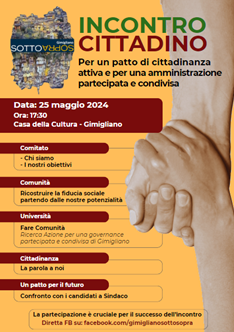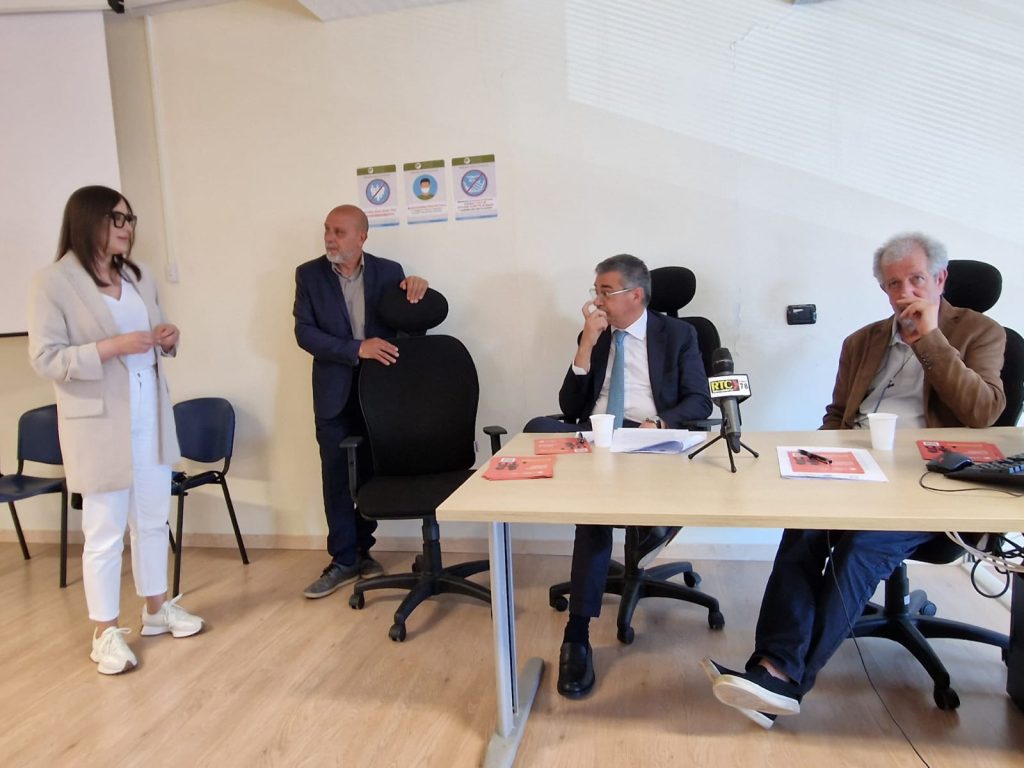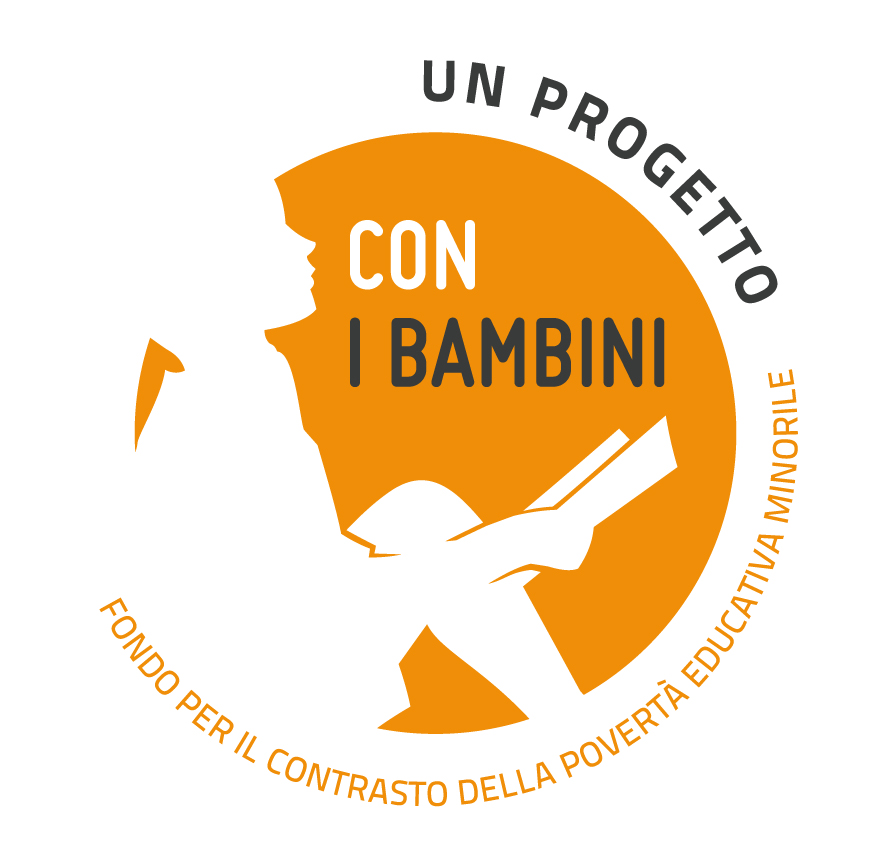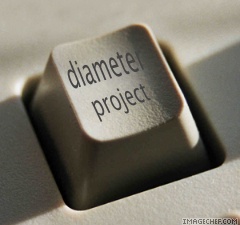by Francesco Zurlo, Italian, exclusive for The diagonales
Since the most ancient times, man has understood that good can come from evil, thus intuiting that evil and good do not exist as an “in itself”: the poison of an animal of horrifying beauty, like the scolopendra, could be used as a medical remedy.
So it happens in the world of ideas. Sometimes human beings choose to do something obviously wrong (for example, discriminating against dubbing artists on the basis of irrelevant characteristics, such as the colour of their skin, deciding that only a colour dubbing artist can dub a colour actor) in the hope of approaching a right goal (allowing a wider distribution of work within all categories of people, and not just some of them, who are historically advantaged). That this can work, that is, that something right can come out of an error, seems obscure, but it belongs since the beginning of time to the economy of human choices, and it should not be surprising. What is instead clear is that the criteria for defining and evaluating our ideas must depend on time and context: that is, they should be flexible.
This is what seems to me to be missing today: the flexibility of ideas. Thought is becoming rigid, and when thought becomes rigid the mind becomes rigid, so conflicts arise between idiocies, barriers of bricks without meaning, in turn destroyed by blind people who now throw bricks at those they consider enemies, and who are equal to them, equally rigid, blind and angry.
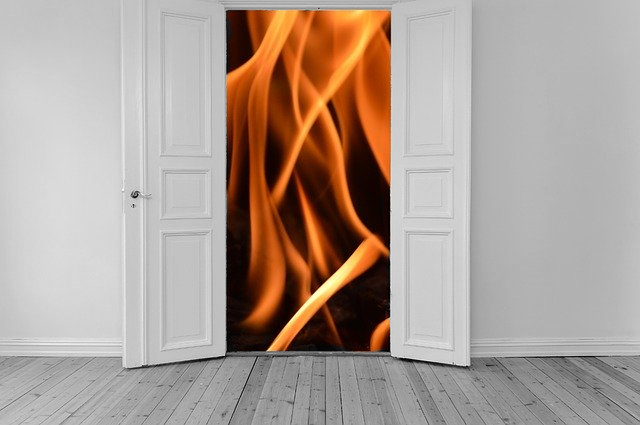
If we keep this up, at some point burning books and tearing down statues will seem right to us. And I can’t believe I have to say this: it’s already happening. People are tearing down statues and making lists of forbidden movies. It’s happening right now. And those who do it say they’re the righteous ones. It happens all the time. In all the same factions the deep conviction of being right appears: that’s the thing that scares me the most. For a man of knowledge, in fact, it is precisely convictions that represent the most dangerous drift.
We are becoming incapable of doubting ourselves to such an extent that we end up believing that it is right to tear down culture. We believe that doing so will change things. That’s bullshit. But if men have been tearing down statues for centuries. To these great cardboard revolutionaries, I’d like to say: you’re no different from those before you. You’re no better. You’re worse at best. And banal. You’re a repetition of what is believed to be original. The truth is, we all have a stink on our noses. Some get used to it, others suck. We’re all guilty of building a hypocritical world so politically correct that it’s more and more disgustingly false, more and more unfair to be fair. First we decide what is right and what is wrong, then we isolate things from their context, then we isolate things from their context, finally the saving punishment: scapegoats, demolished statues, injunctions of social shame, fingers pointed, disgust. In a word: hypocrisy. All right, injustice is unjust, but we are succeeding in making even justice unjust. And we do this crap because we firmly believe we are right, and that is the real problem. The rigidity of our ideas. There’s nothing worse, nothing more dangerous than that.
An old rule says that those who have the courage to criticise and destroy should have the good sense to make proposals as well. I do not agree, but I can try, provided that I am allowed, at least for a moment, to think in simple terms. So I say: would it not be enough to add a new description of the works we want to destroy? A critical and original content, well done, (I repeat: well done), to the film we would like to delete? Well done, though.
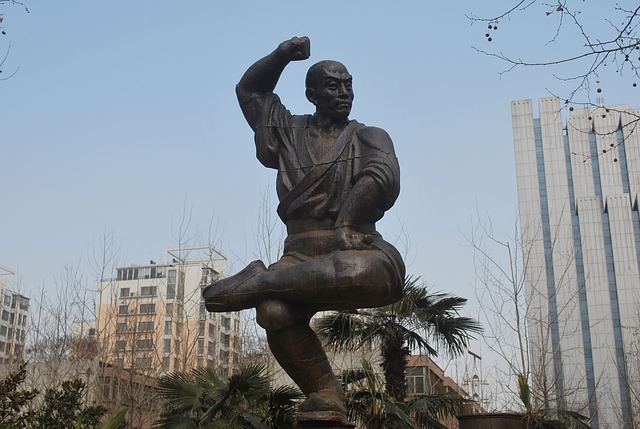
For example, instead of tearing down this Montanelli’s statue, why not build a description of it that contains your ideas about it and the character? As far as I’m concerned the description could be bigger than the work it describes (it would be a very vulgar choice, but it’s still better than going around tearing down statues, and then it’s so hard not to be vulgar these days). In any case, we could work out this description according to the aesthetic, content and stylistic criteria that most attack us (some good quarrels will come out of it and the experts will go on television to do their little show, but that’s fine too, and then just turn it off there); Yeah, here’s another danger we’re running, a silent sacrifice: how could men of culture want to take part in all this? So it happens that those who were once called wise men, and who were asked for advice, retire to the high mountains, in silence, leaving behind the hope that making culture today, without hypocrisy, without rigidity, without idiocy, without this fucking morality and psychopolitism of which we ourselves become the ignorant agents, is still possible. And, made up like wise men, puppets start to wander in the valleys, that nobody knows anymore how to distinguish from the now forgotten wise men, closed in the silence from which I come and to which, soon, I will gladly return.
Of course, the method I propose cannot be applied to everything. We would become serial accumulators of street name descriptions that we don’t like. Which, on the other hand, sometimes it’s good to change. If only for the sake of losing ourselves, of making a mess. It’s a useful thing, confusion. It helps us to remember that we are the ones who give things names, and that this is such a delicate power. But from here to tearing down statues, there’s obviously a logical leap.
Maybe the idea of the plaque is too trivial? You could do even better: you could build a work beyond the work: an arch, a labyrinth, some new statues surrounding Montanelli’s one, maybe representing the moment when someone is smearing it, with a dripping of colored paint that remains stuck in the air, made eternal by the sculpture, not like real paint, which then some poor Christ has to go and take off to earn his salary. Behind, maybe, the statue of another person with a nice pickaxe and many bad intentions, and the pickaxe could be immortalized the instant before touching the statue, showing forever the courage not to have knocked it down. Perhaps for a young person, more than an empty space, it is worth seeing that pickaxe there, motionless, doing what it is not doing and not doing what it is doing, forever (or at least until someone else comes to the box with other rigid ideas and wants to knock down your redemption too). What the fuck. We can think of a million ideas. We can make that little girl big, which was so small, so big as to contain the man who penetrated it, so that in order to see that statue well you must first see that shocking truth. Maybe this is too psychological as a concept, but what do you want, I am still a psychologist, and I speak as such. And that’s why I can’t share the silly and dangerous idea of undoing what can’t really be changed: our past. As a clinician I know perfectly well that this is something that does not work, that only creates more problems. So let me speak today, for a moment, as if I were a clinician of humanity.
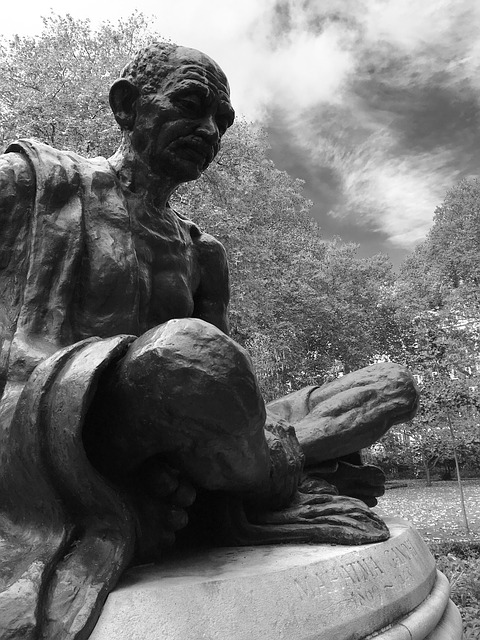
I have given a few examples, but I hope that they do not influence you too much, that they do not limit you. I’m interested in ideas, and ideas have no boundaries. I’m interested in freedom. Faced with the signs of the past with which you are unable to make peace, interventions can be more symbolic, more aesthetic, more psychological, and they can be expressed in many ways that respect, while attributing positive or negative qualities, the historical content.
And instead, no. The idea now is to tear down. Destroy. To avenge. An idea without any variety. A poor idea. Empty. Obtuse. I say, don’t tear it down. Because if you knock down the work of an artist as a symbol of something you do not share, then you will want to knock down another one, and then another one, and you will lose the ability to doubt yourself, your ideas. I know you want to destroy it to satiate an ancient hunger – which I respect – but if you destroy it you will never know satiety again. The more you eat, the more you eat, the saying goes. That’s right. You will never stop. You will wander this hungry world looking for things to cut down. And you’ll keep finding them. The trees of hypocrisy will grow everywhere and the fruits of fear will grow on them. And the fruits will fall on our heads. And there will be less and less variety among men, and through open and covered struggle you will decide what is definitely right and what is wrong, according to increasingly rigid, increasingly poor, increasingly mischievous, mediocre, banal, limiting canons.
Diversity, that is, being oneself, will become the only true act of rebellion possible, and it will be paid dearly. It is already happening. Punishment of diversity, coagulation of mediocrity, prohibition of variety. Let’s do something different instead: let’s create. And when we are finished, we will let the result, created by our contemporaries, be judged by posterity. Isn’t it good for history to start working like this? Maybe it’s too simple? What if it’s still possible? In a moment of optimism, let me believe that it could be so. Many people would be proud to be able to work in the service of this creative system, perceiving its responsibility and historical importance. These are the people I prefer to those who would be proud to tear down a statue, (any statue), leaving a void.
As I prophesied, where in fact man knocks down a statue grows, as if by magic, the immeasurable tree of his falsehood and hypocrisy. What happened in the past cannot be changed in the past: why then eliminate it? If we psychotherapists – who face pasts for which there are no adjectives – used logic of this kind, we would not be able to help one of the people who ask for our help and we would end up creating more damage than we could solve: let me believe that the same is happening now (consciences are waking up, you say? Well, it’s about time, I say, but then whose conscience? The masses? Of the minorities – behaving more and more like masses themselves, and isolating human loneliness even more? And in any case, it is not enough for a conscience to wake up and rise from its bed: it needs to be trained to act).
It doesn’t need courage to knock down a statue or to forbid a book, it just needs a lot of ignorance, a lot of presumption, a lot of rigidity, it needs – above all – the inability to doubt. Those who tear down statues today do not change the past, they repeat it.
(Have I already said that you are banal?).
If we had the courage to demolish the ancient tables, the inner ones, we would not need to put more limitations, while you would want to destroy the ancient tables to put more rigid ones, but this is a discourse that perhaps cannot be understood here. What is certain is that rarely in the history of man have we reached a level of rigidity of ideas so obtuse as in the age when these words are written, which shows that the idea that mankind grows and develops continuously and in a straight line, cumulating virtues, is a colossal nonsense. Look around you. That such rigidity is placed at the service of an ideal of greater freedom and tolerance of diversity scares me even more. To those who have ears I say: defend your freedom from these ideas of apparent justice. And here I come to the point, which is not in any statue or film.
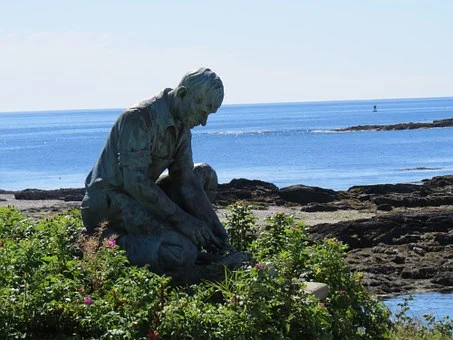
The world that awaits us, if we do not change our ways, is the age of fear, in which every man and woman will live in terror of doing something, of thinking something, of saying something that can be perceived in a bad light. And there will be more and more scapegoats. Corpses of human identities cast in the steel of the foundations of the civilization you dream about. It’s already happening, and many have already fallen under the unequal injustice of that guillotine. Because if injustice is unjust, there is nothing more terrible than justice that becomes unjust, to pursue a rigid idea.
We are creating a new morality, whose guards have the face of ignorance and stupidity that each of us partly represents, the mirror of our interests, of our lies and hypocrisies. We have become the poison of ourselves that can no longer cure us.
Human beings will be more and more afraid of the other, afraid to express themselves, afraid at last to think. Children will grow up learning that they don’t have to perceive, feel and think but learn (how) to perceive and think, adhering to what is considered right. Behaving well. Without the possibility of making mistakes. Never. Their emotional and mental life will become more and more secret. They will learn to be deaf to themselves, to behave “well”. But that good is the real evil.
As a child I sometimes dreamed of living in the future, and woke up happy. Now I dream of the future and I’m afraid. There will be peaks of silent human suffering and humanity will get used to hearing the continuous sound like so many small bubbles of millions of psychopathologies imploding inside human beings, and then outside like sharp broken glass. Wounds on wounds. If you close your eyes, and listen well, you will find that sound is already there. It is now, and now, and now. If you listen well. It’s there like the great sea with its endless sound. You don’t hear it until you pay attention to it. When you notice it, it sounds soft. But if you listen even better, you’ll find that sound dominates all the others. It is men drowning in the waves on the cliffs of those who decide what is real and what is not, what is to be said and what is not, what is to be eaten and what is not.
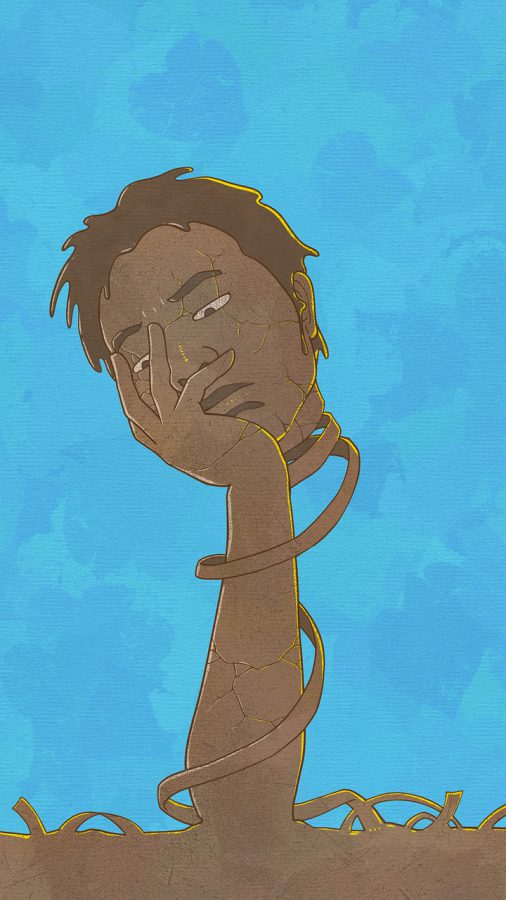
And it will go on like this, in a bureaucracy of morality – which promulgates the new rule to adhere to, the last circular on how to think and perceive.
Madness will become freedom and freedom madness.
To be mad to go on living.
People will know each other less and less, they will be less and less amazed, and they will adhere so well to the codes of the new morality that no one will be able to understand what kind of flesh is hidden – now forgotten about itself – under that costume that we will begin to call skin. (And there will be, yes, new minorities that will regroup and rebel, because every circuit has its own self-correction systems: I think I’m talking to them).
The latest pandemic has further exacerbated this terrible mechanism.
This is really the age of fear.
You see, if today I hold the pen and allow myself to write – that is to say forever – that you are wrong, it is for a very simple reason: there can be no dictatorship of human freedom.
Or rather, it can exist, but it will have more to do with dictatorship than with freedom.
Rebel: be yourselves.

Francesco Zurlo, psychotherapist, is author of several specialist publications and Professor at University Magna Graecia of Catanzaro (IT) and President of the O.I.U. – International Human Intelligence Observatory, part of the Intelligence Lab Department of the Calabria University. Editorial board member of Minerva Pediatrica Journal and Fortune Italia Columnist, Francesco has also participated to numerous international congresses. He coined the term “Psycholùogy” to refer to his original way of working and thinking (in Greek λύω/lùo, means “to solve”).

